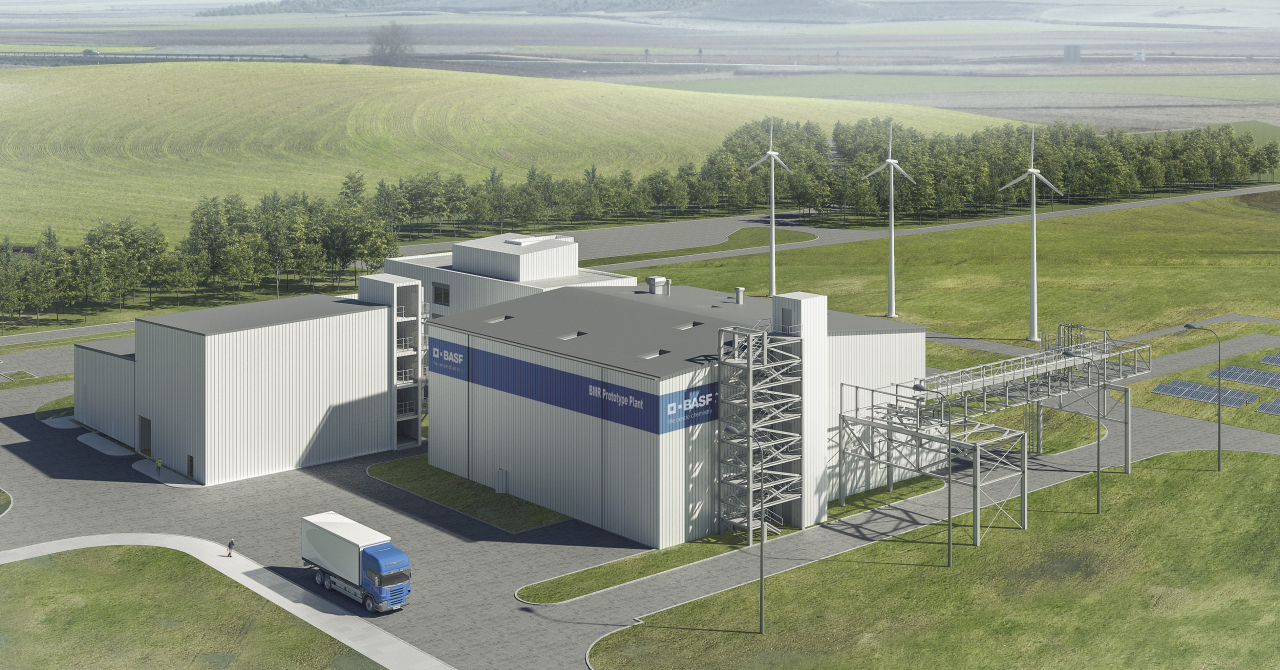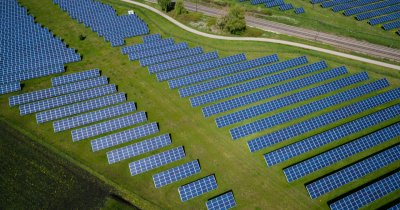BASF has entered into a long-term collaboration agreement with Tenova Advanced Technologies (TAT) of Yokneam, Israel, for its battery recycling prototype plant in Schwarzheide, Germany.
Both companies agreed to jointly optimize the hydrometallurgical recycling process, leveraging TAT’s novel process for the recovery and production of lithium, which includes lithium solvent extraction (LiSX) and lithium electrolysis (LiEL).
The process development activities include pilot campaigns at TAT’s R&D center and the design and fabrication of a prototype plant to be operated at BASF’s facilities in Schwarzheide, Germany. Startup of the prototype plant is targeted for later this year.
Irad Rekem, TAT Managing Director, stated: “We are proud to bring our expertise and innovative technologies to this collaborative effort with BASF to recycle end-of-life batteries. This will be a recycling process that will demonstrate efficient metal recovery and production of lithium salts based on solvent extraction.”
“Using recycled metals for production of new battery materials can reduce the CO2 emission impact of batteries by about 25 percent compared to the use of virgin metals,” said Daniel Schönfelder, Senior Vice President Battery Base Metals and Recycling at BASF.
“We will close the loop from end-of-life batteries to new battery production and will ensure an exceptionally low CO2 footprint for key metals needed to meet the growing demand for eMobility. By collaborating with Tenova we can assess new approaches in further optimizing the recycling process.”
TAT is part of Tenova, a global company specialized in sustainable solutions for the green transition of the metals industry, and it is also highly experienced in hydrometallurgy and project-specific process technologies.
Successful startup and operation of the prototype plant is an important milestone in BASF’s strategy to grow its footprint in recycling and recovering valuable metals, including nickel, cobalt, and lithium.
The investment in Schwarzheide reinforces BASF’s support of the European Commission’s agenda towards a European battery production value chain and is part of the “Important Project of Common European Interest (IPCEI)” approved by the European Commission on December 9, 2019 under the European Union State aid rules.
The launch of innovative battery materials from the Schwarzheide plant and research to develop next-generation battery materials and process development, including battery recycling, is funded by the Federal Ministry for Economics and Climate Action on the basis of a resolution of the German Bundestag and by the Ministry for Economic Affairs, Labor and Energy of the State of Brandenburg on the basis of a resolution of the Brandenburg State Parliament as part of the IPCEI for Batteries.
 Oana Coșman
Oana Coșman












Any thoughts?